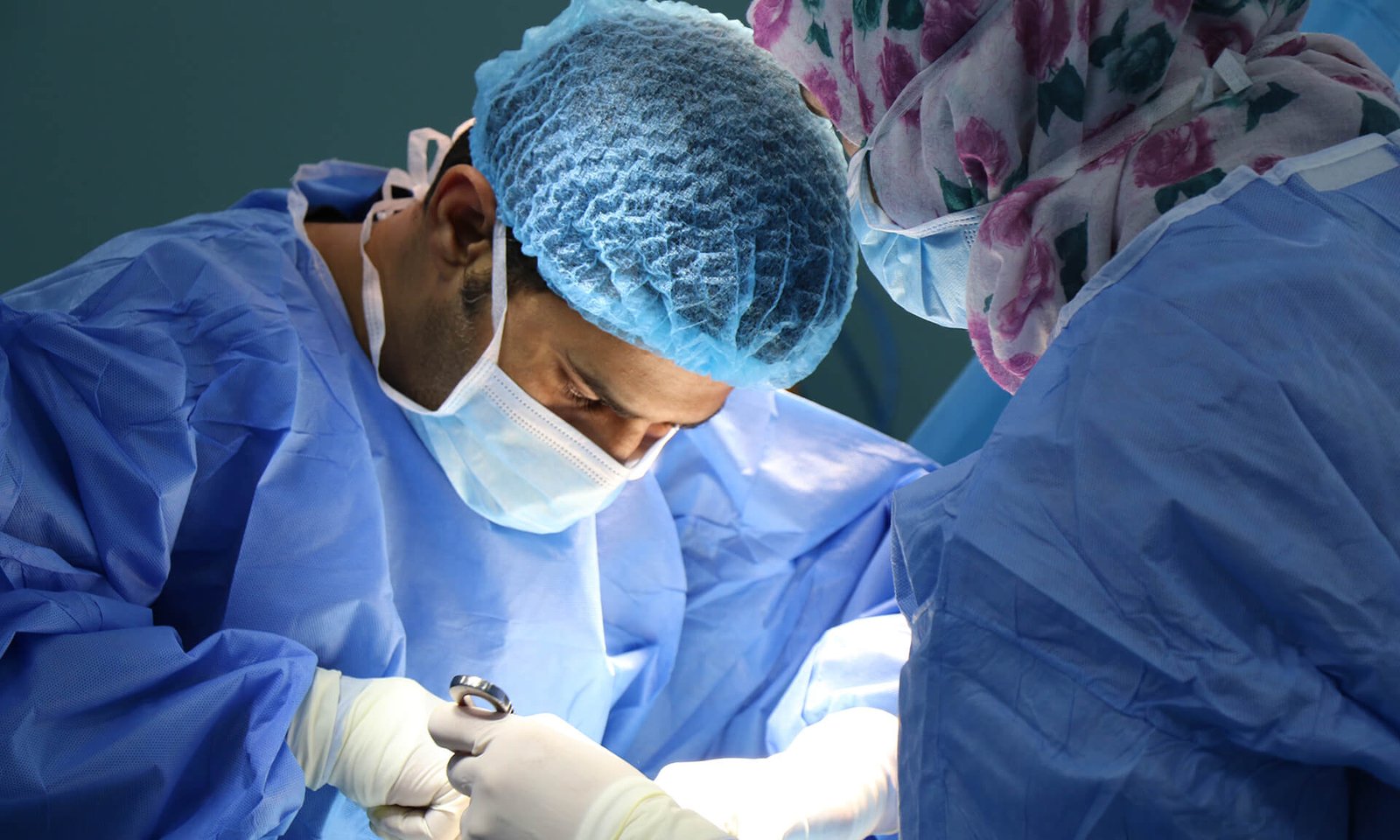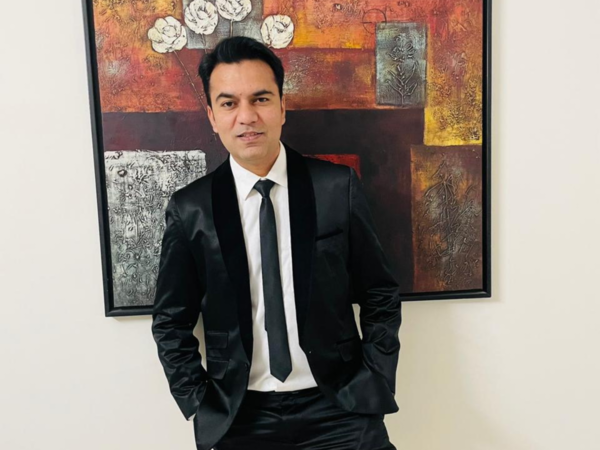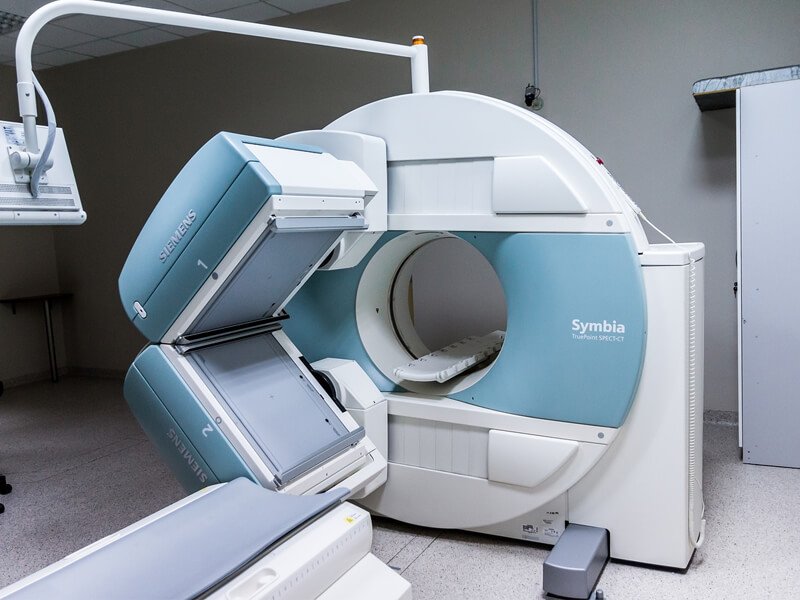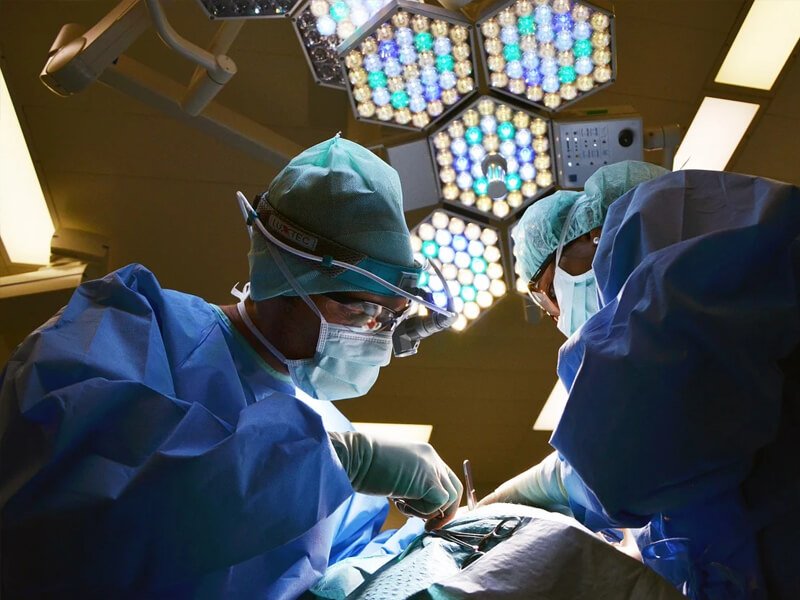Join US
Cancer may be a part of your story, but it doesn’t define you. At OncoKarma, we’re here to remind you that you are not alone. Together, we can replace fear with hope, misinformation with knowledge, and isolation with community.
Join us today and take the first step toward empowerment. Because no one should fight cancer alone.
💜 OncoKarma – Where Hope Meets Healing. 💜
Who We Are
🌟 The Story Behind OncoKarma 🎗️
Cancer is more than just a disease; it’s a life-altering journey filled with fear, uncertainty, and emotional turmoil. But it’s also a journey where hope, resilience, and community can make all the difference. This is the belief that gave birth to OncoKarma.
OncoKarma was founded by Asad Khan, a cancer survivor who knows firsthand the challenges of facing this deadly disease. During his own battle with cancer, Asad faced fear, isolation, and misinformation—things that often make the journey even harder. But through it all, he realized that what patients and caregivers need most is a community—a safe space to find support, share struggles, and access reliable information to navigate their journey.
OncoKarma was born.
Asad didn’t stop at surviving; he turned his experience into a mission. During and after his treatment, he counseled fellow cancer patients, encouraging them to stay positive, have faith, and explore the best treatment options available—including government support programs & patient assistance programs.
With the support of fellow survivors, caregivers, and Cancer Warriors (the dedicated doctors and medical professionals who witness cancer’s impact firsthand), OncoKarma was born—a movement to replace fear with knowledge, support, and hope.
💙 OncoKarma is more than just a community—it’s a movement to empower, support, and bring hope to those affected by cancer.
Why OncoKarma?
OncoKarma is a strong and meaningful name! It combines "Onco" (short for oncology, the study and treatment of cancer) with "Karma", which represents the idea of giving back and doing good. It perfectly aligns with our mission of helping cancer patients and survivors through a transparent, community-driven initiative.
Cancer doesn’t just affect the body; it affects the mind and soul. It brings with it a flood of questions, doubts, and fears:
Will I survive this?
How will my family cope?
Am I alone in this battle?
OncoKarma is here to answer these questions and more. We are a community of survivors, caregivers, and warriors who have walked this path and understand what it takes to fight cancer—not just physically, but emotionally and mentally.
Patients Helped
Success Stories
Community
Awareness & Prevention Tips

Our Mission
At OncoKarma, we believe that no one should face cancer alone. Our mission is to:
Remove the fear and stigma
associated with cancer by providing accurate, easy-to-understand information.
Create a genuine, supportive community
where patients and caregivers can share their experiences, insecurities, and triumphs without judgment.
Empower individuals
with the tools and resources they need to fight cancer with courage and hope.
Provide access to vital information
about government schemes, patient assistance programs, and financial resources to ease the burden of treatment and care.
What We Offer
A Safe Space to Share
Whether you’re a patient, survivor, or caregiver, OncoKarma is your platform to express your fears, ask questions, and find solace in the stories of others who have been there.
Reliable Information
We provide evidence-based resources to help you understand cancer, its treatment, and how to manage its challenges./p>
Emotional Support
Our community is built on empathy and understanding. Here, you’ll find people who truly care and are ready to support you in whatever way they can.
A Network of Warriors
From survivors to doctors, our community is filled with individuals who are committed to helping you fight this battle with strength and hope.
The Power of Shared Experiences
Cancer can often make individuals feel isolated, as if they are fighting an insurmountable battle alone. But at OncoKarma, we believe in the strength of shared experiences. Every story, every struggle, and every triumph within our community adds to a collective reservoir of hope and resilience.
When Asad Khan founded OncoKarma, he envisioned a platform where no one would feel alone in their journey. By bringing together patients, survivors, caregivers, and medical professionals, we’ve created a space where experiences are shared, fears are understood, and hope is multiplied.
Here, you’ll find people who have walked in your shoes, who know the weight of a diagnosis, and who have faced the same fears and uncertainties. Their stories are not just a source of inspiration but a reminder that you, too, can overcome. Together, we are stronger. Together, we are “On-Co-Karma”.
Our Mission
Our mission is to eliminate the fear of cancer through knowledge, support, and hope. By fostering awareness, open conversations, and community-driven initiatives, we replace fear with strength and isolation with connection.
Our Vision
Our vision is to build a world where cancer is no longer feared but faced with strength, knowledge, and support. A future where every patient has access to the right information, emotional support, and a caring community, ensuring no one fights alone.
Understanding Cancer
What is Cancer?
Cancer is a group of more than 100 different diseases. It can develop almost anywhere in the body.
How cancer begins
Cells are the basic units that make up the human body. Cells grow and divide to make new cells as the body needs them. Usually, cells die when they get too old or damaged. Then, new cells take their place.
Cancer begins when genetic changes interfere with this orderly process. Cells start to grow uncontrollably. These cells may form a mass called a tumor. A tumor can be cancerous or benign. A cancerous tumor is malignant, meaning it can grow and spread to other parts of the body. A benign tumor means the tumor can grow but will not spread.
Some types of cancer do not form a tumor. These include leukemias, most types of lymphoma, and myeloma.
Types of Tumours
Cancer tumours can be divided into three groups: benign, malignant or precancerous
Benign Tumours
Benign tumours are not cancerous and rarely threaten life. They tend to grow quite slowly, do not spread to other parts of the body and are usually made up of cells quite similar to normal or healthy cells. They will only cause a problem if they grow very large, becoming uncomfortable or press on other organs - for example a brain tumour inside the skull.
Malignant Tumours
Malignant tumours are faster growing than benign tumours and have the ability to spread and destroy neighbouring tissue. Cells of malignant tumours can break off from the main (primary) tumour and spread to other parts of the body through a process known as metastasis. Upon invading healthy tissue at the new site they continue to divide and grow. These secondary sites are known as metastases and the condition is referred to as metastatic cancer.
Precancerous (or premalignant) Tumours
Precancerous (or premalignant) describes the condition involving abnormal cells which may (or is likely to) develop into cancer.
Types Of Cancer
Cancer can be classified according to the type of cell they start from. There are five main types:
Benign tumours are not cancerous and rarely threaten life. They tend to grow quite slowly, do not spread to other parts of the body and are usually made up of cells quite similar to normal or healthy cells. They will only cause a problem if they grow very large, becoming uncomfortable or press on other organs - for example a brain tumour inside the skull.
A type of malignant tumour of the bone or soft tissue (fat, muscle, blood vessels, nerves and other connective tissues that support and surround organs). The most common forms of sarcoma are leiomyosarcoma, liposarcoma and osteosarcoma
Lymphoma and Myeloma are cancers that begin in the cells of the immune system. Lymphoma is a cancer of the lymphatic system, which runs all through the body, and can therefore occur anywhere. Myeloma (or multiple myeloma) starts in the plasma cells, a type of white blood cell that produces antibodies to help fight infection. This cancer can affect the cell's ability to produce antibodies effectively
Leukaemia is a cancer of the white blood cells and bone marrow, the tissue that forms blood cells. There are several subtypes; common are lymphocytic leukaemia and chronic lymphocytic leukaemia
These are known as central nervous system cancers. Some are benign while others can grow and spread.
Cancer Signs and Symptoms
With so many different types of cancers, the symptoms are varied and depend on where the disease is located. However, there are some key signs and symptoms to look out for, including:
Coughing, breathlessness or difficulty swallowing
Unusual lumps or swelling
Changes in bowel habits
Unexpected bleeding
Unexplained weight loss
New mole or changes to a mole
Complications with urinating
Unusual breast changes
A sore or ulcer that won’t heal
Heartburn or indigestion
Heavy night sweats
Appetite loss
Pain or ache
Fatigue
Causes and Risk Factors
With so many different types of cancers, the symptoms are varied and depend on where the disease is located. However, there are some key signs and symptoms to look out for, including:
Smoke cigarettes/ cigars/ bidis/ chillams/ hookahs.
Consume chewing tobacco/ khaini/ gutka/ pan masala
Being overweight or obese
Unhealthy diet with low fruit and vegetable intake.
Lack of physical activity
Sexually transmitted HPV infection
Infection by hepatitis or other carcinogenic infections
Ionizing and ultraviolet radiation
Urban air pollution
Indoor smoke from household use of solid fuels
Preventing Cancer
With so many different types of cancers, the symptoms are varied and depend on where the disease is located. However, there are some key signs and symptoms to look out for, including:
Do not smoke cigarettes/ cigars/ bidis/ chillams/ hookahs.
Do not consume chewing tobacco/ khaini/ gutka/ pan masala.
Maintain a healthy weight.
Exercise regularly.
Maintain a healthy diet with high fruit and vegetable intake
Avoid alcohol
Vaccinate against Hepatitis B Virus (HBV) and the Human Papilloma Virus (HPV)
Use contraceptives during sexual intercourse to prevent against HPV infection
Reduce exposure to ionizing radiation (occupational or medical diagnostic imaging).
Avoid indoor smoke from household use of solid fuels (eg: cooking on woodfire stove/ chula
Reduce exposure to ultraviolet radiation.
Protect against urban air pollution
Testimonials
Gallery
Frequently Asked Questions
What is OncoKarma?
OncoKarma is a platform dedicated to cancer awareness, education, and support. We provide reliable information, expert insights, and community resources to help patients, caregivers, and individuals stay informed.
Is the information on OncoKarma medically verified?
Yes, all our content is sourced from trusted medical professionals, research institutions, and expert oncologists to ensure accuracy and reliability.
Can OncoKarma help me find cancer specialists or treatment centers?
While we don’t provide direct medical services, we offer guidance on finding certified cancer specialists, treatment centers, and support organizations.
What are the early signs of cancer?
Early signs vary depending on the type of cancer but may include unexplained weight loss, fatigue, persistent pain, lumps, skin changes, or unusual bleeding. Always consult a doctor for proper evaluation.
How can I reduce my cancer risk?
Maintaining a healthy lifestyle, avoiding tobacco, eating a balanced diet, staying physically active, and undergoing regular screenings can help lower your risk.
Does OncoKarma provide emotional support for cancer patients and caregivers?
Yes, we offer a supportive community where patients and caregivers can share experiences, access counseling resources, and find encouragement.
How can I get involved in cancer awareness and support?
You can contribute by sharing awareness, volunteering, donating to cancer research organizations, or joining advocacy programs through OncoKarma.
How do I contact OncoKarma for more information?
You can reach us via email at support@oncokarma.com, through our contact form on the website, or follow us on social media for updates.
Contact
Address
Nagpur
Call Us
+91- 9503099990
Email Us
contact@oncokarma.com

















